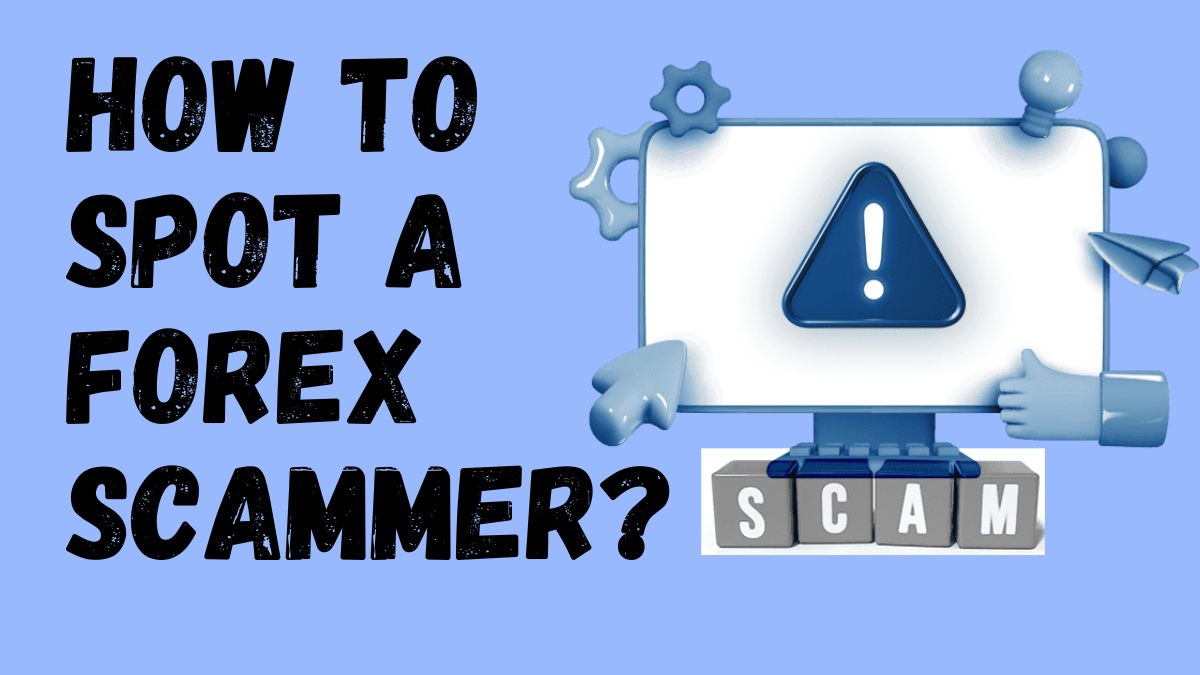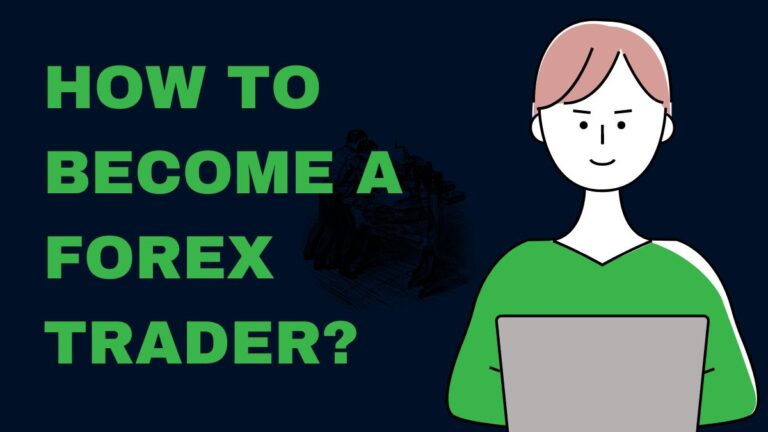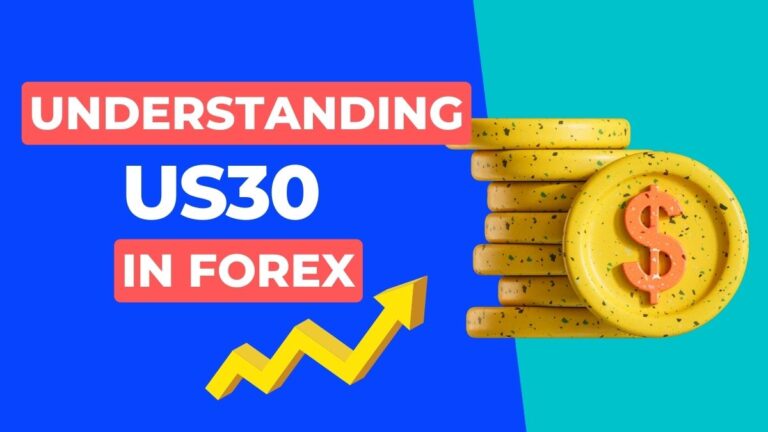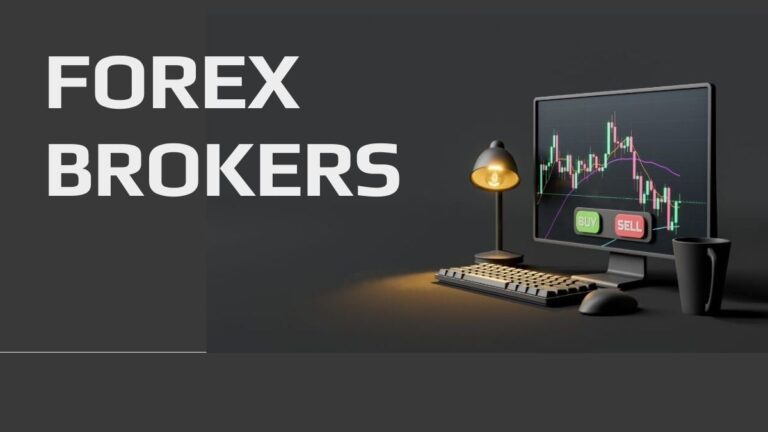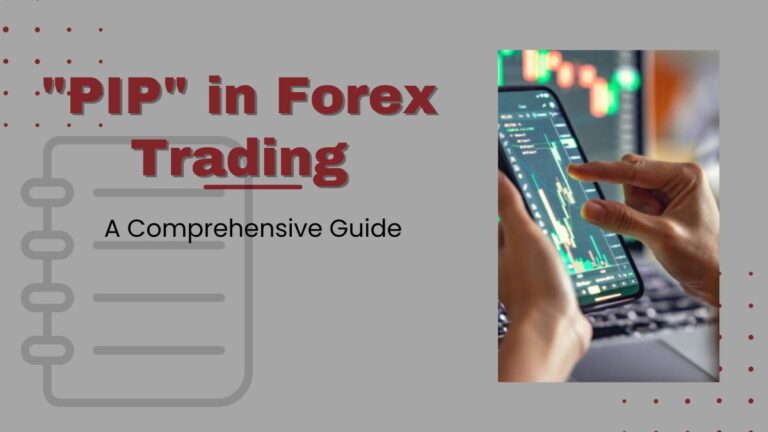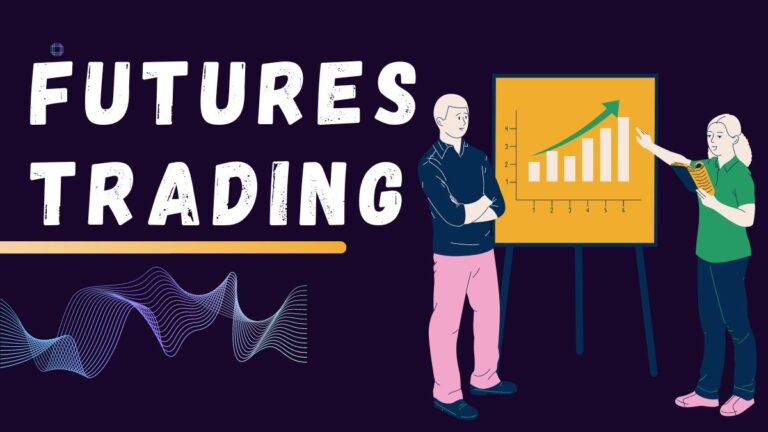How To Spot A Forex Scammer? Unveiling The Tricks

Welcome, savvy traders and curious investors! Today, we are lifting the veil on a topic that has left many bewildered and burnt – spotting forex scammers. In this blog post, we will arm you with the knowledge to identify these cunning tricksters and protect yourself from their deceptive tactics.
Whether you’re just stepping into the thrilling world of foreign exchange trading or have experienced some bumps along the way, buckle up as we unveil the secrets behind discerning fact from fiction in the wild world of forex scams. Grab your detective cap; it’s time to expose those who seek to deceive us in our quest for financial success!
Table of Contents
What is Forex Scamming?

Forex trading is a popular investment that can be lucrative for those who are skilled and lucky. However, there is also a potential for Forex scams, where traders attempt to fraudulently make profits by taking advantage of the volatility of the foreign currency markets.
There are several things to watch out for when investing in Forex:
- Signaling Methods: Many Forex scams involve fake signals, which are usually sent out by scammers in an attempt to induce you into believing that they have found a good strategy. Be very suspicious of anyone trying to sell you their service or product based on signals alone – if it sounds too good to be true, it probably is.
- Confirmation Bias: Another common technique used in Forex scams is confirmation bias, which refers to the tendency humans have to seek information that confirms our preexisting beliefs rather than exploring new perspectives or evidence. As with any investment decision, remember to take all evidence into account before making a commitment – don’t let confirmation bias cloud your judgment.
- Ponzi Schemes: Another common type of scam involves false promises of high returns on investments known as Ponzi schemes. These schemes usually involve someone inducing someone else to invest money with the promise of larger returns down the line, only for them to disappear with the money once more people pile in. Always be suspicious if someone seems too eager to convince you to invest – if they’re pushing hard enough, it could be a scam.
- Forex Trading Corruptions: Finally, watch out for any suspicious activity or behavior in the Forex market – this could be an indication of forex scams being conducted. If you see any unusual activity, be sure to report it to your financial institution or the police.
While Forex scams are not common, they are still possible and should be avoided if possible. Keep your eyes open for any warning signs that someone may be trying to scam you, and don’t let yourself become a victim.
The Three Types of Forex Scams

There are three main types of Forex scams: 1) fake demo accounts; 2) Ponzi schemes; and 3) HYIPs.
- Fake Demo Accounts: The most common Forex scam is the fake demo account. A fake demo account is a Forex account that is not used to make trades but rather to deceive traders into thinking they are trading with real money. The scammers create fake accounts and set up fake profiles, recruiting new traders as they go. Once recruited, these new traders are then asked to deposit money into their fake demo account to “prove” that it is a legitimate trading platform. However, once the scammers have deposited enough money into the account, they will cancel the trade requests made by the new traders and withdraw all the profits. When victims contact the platform to ask why their trades haven’t gone through, they are told that their account was hacked or suspended – even though there is no evidence that anything has happened to it.
- Ponzi Scheme: A Ponzi scheme is a fraudulent investment scheme in which early investors receive returns on their investment while later investors are invested with promised returns of higher value. The fraudster promises high returns – often 100% – for those who invest money into the scheme before it collapses once more people have been attracted in. The scammer relies on new investors coming in to provide funding for earlier investors until eventually there is nothing left and the scheme collapses.
- HYIP: A HYIP is a high-yield investment program. These programs offer Exploitable Income Pools (EIPs), which are collections of individual trades that have been placed with an HYIP broker and earn higher returns than most other types of forex trading. The problem with these types of programs is that they are often run by scammers who flee the scene once they have taken investors’ money. Victims report that they were promised high returns on their investments, but have received nothing in return.
How to Spot a Forex Scammer?
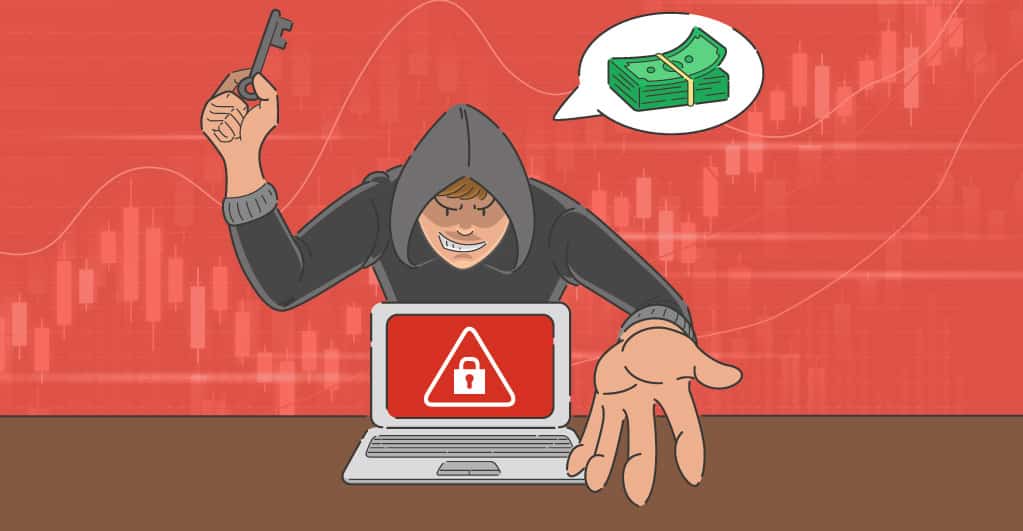
Forex trading can be a lucrative investment if done correctly, but it can also be a dangerous one if not. Here are some tips to help you spot a forex scammer and stay safe when investing in this market:
- Look for suspicious behavior. Anyone who seems shady or is blatantly trying to get your money without doing anything is probably not to be trusted. If someone’s too eager to help you make your investments be suspicious.
- Be cautious about unsolicited advice. Deals that sound too good to be true typically are—especially if they’re coming from someone you don’t know well. If someone suggests buying or selling something without providing any information about the company or product, run the other way!
- Beware of any deals that seem too good to be true. A common tactic used by scammers is to offer high-interest rates on money that you’re not going to earn back; never agree to such an offer without first verifying the company’s legitimacy and track record.
- Be wary of Ponzi schemes and other similar schemes where people are paid with fraudulent investment funds rather than returns on their actual investments. Always do your research before investing, and remember that there is no such thing as a sure thing in this market!
- Never give away personal financial information to anyone, no matter how trustworthy they seem. Forex scams rely on criminals exploiting your trust by getting you to share sensitive information such as your Social Security number, account number, or other personal details. If someone asks for this kind of information, be suspicious!
- Finally, always remember to keep an eye on your own investment portfolio and keep track of your losses and gains. If something seems fishy or doesn’t feel right, it probably isn’t. Again, always do your research before investing—and if something sounds too good to be true, it probably is!
How to Avoid Forex Scams?
Forex trading is a potentially profitable investment, but it’s also notorious for being one of the most, if not the fraudulent financial markets in existence. Forex scams run rampant, and they can be incredibly difficult to detect. Here are four tips to help you avoid getting scammed in the forex market:
- Do your research. Before you start investing in forex, make sure you have a solid understanding of what it is and what it isn’t. Don’t just take anyone’s word for it – do your research into everything involved before putting any money down.
- Beware of high-pressure tactics. If someone is pressuring you to invest right away or giving you gut-wrenching ultimatums, be suspicious – they’re likely trying to scam you out of your money.
- Be careful of Forex robots and systems. Many Forex scammers use automated systems or robots to trade on behalf of themselves, often without knowing the real market conditions (thus increasing their chances of losing money). Make sure you only ever deal with humans if possible – otherwise ask plenty of questions and look for any signs that the trader is relying on automated tools instead of his or her analysis and instincts.
- Keep an eye on your finances. Always monitor your account balances and don’t hesitate to get in touch with your broker if something doesn’t seem quite right – scammers tend to operate in murky waters where they can easily hide their ill-gotten gains.
Remember to be vigilant when trading in the forex market, and keep these tips in mind to help you stay safe and avoid getting scammed.
Conclusion
The Forex market is a highly competitive place, with traders from all over the world vying for a piece of the action. Unfortunately, this also means that there are scammers out there who want to take advantage of unsuspecting investors. Here are some key things to keep an eye out for when trading Forex:
- Poorly constructed investment products – Often, unscrupulous forex dealers will try to sucker investors by selling them complex and misleading financial schemes. make sure you only invest in products that have been independently verified and are presented in an easy-to-understand format.
- Untraceable payments – One common tactic used by scammers is to transfer money into your account without providing any necessary tracking information or documentation. always be suspicious of any payments that arrive unmarked or without any accompanying documents.
- Manipulative techniques – Many forex scams involve dishonest traders trying to trick inexperienced investors into making poor decisions on their behalf. always be watchful for attempts at psychological manipulation and stay aware of any unusual patterns in your trading activity.
